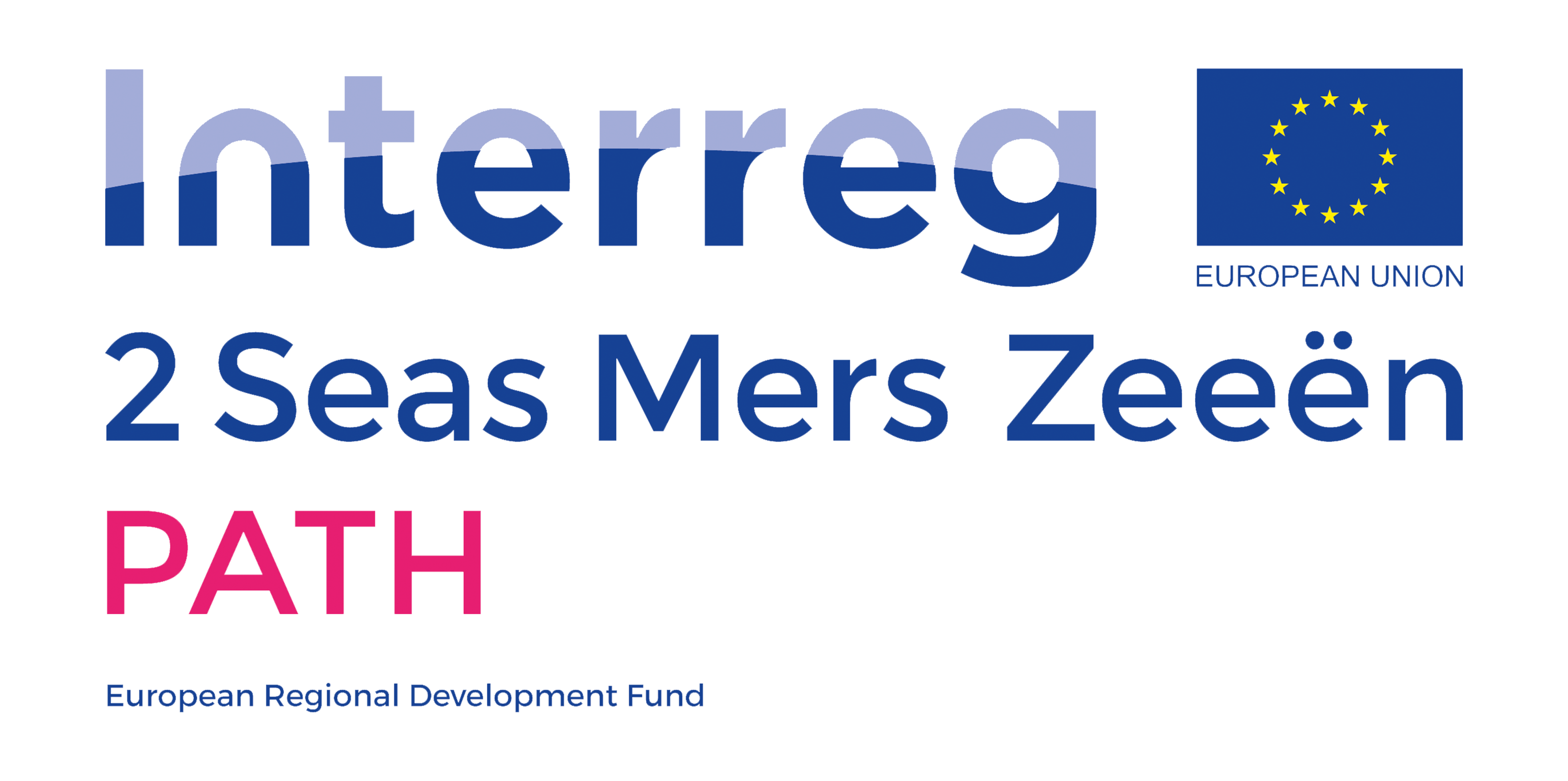
© 2021 Copyright: Bournemouth University
You might find it helpful to connect with other expectant or new parents to share your experiences. There are lots of voluntary organisations and charities such as MIND that offer support.
Your local Children’s Centre or Children and Family Hub also provides family health and support services and can help to signpost you to groups and activities that are happening in your area. Each local area may have different resources. You can find out more by contacting your local council.
Your GP may prescribe medication to help with your mood or suggest that you try a talking therapy like cognitive behavioural therapy (CBT). You can also refer yourself. Your midwife or health visitor may offer additional appointments to help you talk about anything you are worried about.
If you’ve had serious mental health problems in the past, or you find that things are getting worse, your health professional may make a referral to a specialist perinatal mental health team. The team includes specialist mental health professionals working in various disciplines including nurses and doctors who will offer you regular assessments, medication advice and support to plan your birth.
Your midwife, health visitor and GP will work closely with the specialist team so you are supported and informed throughout your pregnancy and after birth. Specialist hospital wards called Mother and Baby Units (MBUs) may also be available if you need to have more intensive treatment and care or support with bonding with your baby.
If you are an expectant or new parent, then please consider taking part in our research which aims to understand the impact of the campaign on people’s attitudes, experiences and understanding of perinatal mental illness.
You can access the survey here…